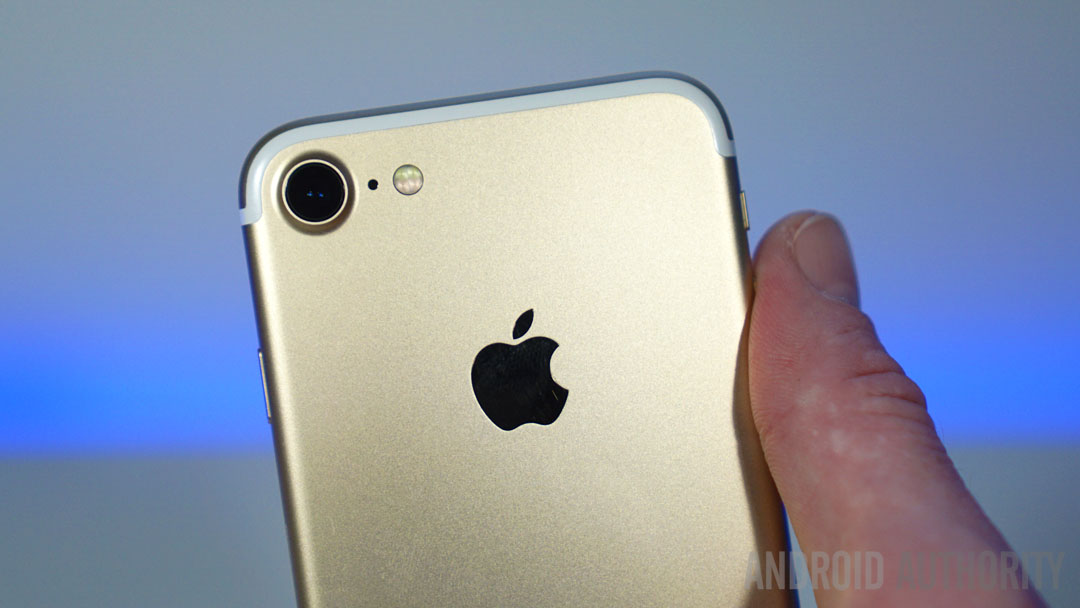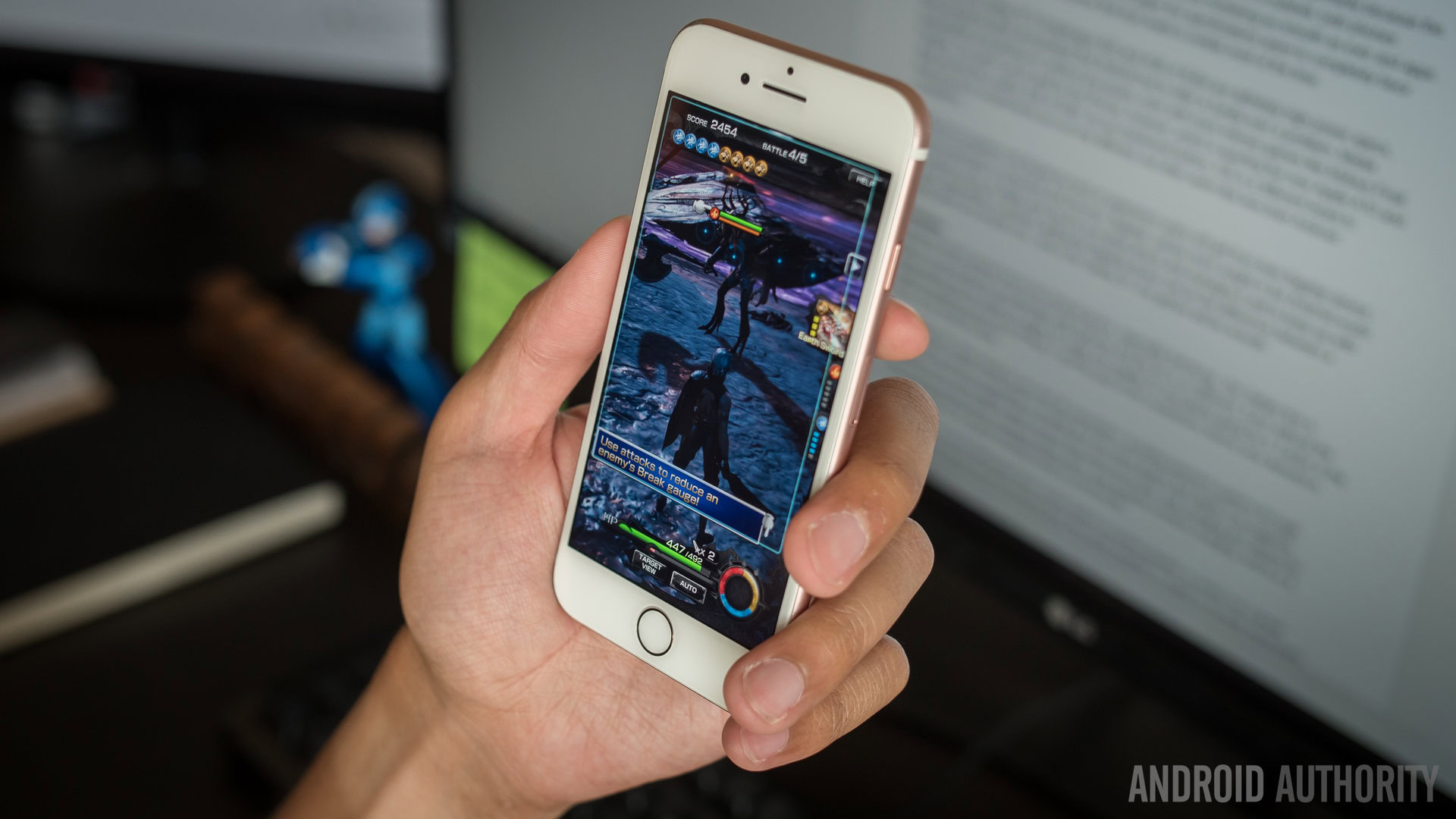Affiliate links on Android Authority may earn us a commission. Learn more.
Qualcomm wants to ban US iPhone imports
Published onMay 4, 2017

Saddle up kids, this ride is about to get wild. Following a patent licensing dispute that recently saw Apple stop paying Qualcomm licensing fees, the chipmaker just dropped the hammer. Qualcomm now wants to block imports of the iPhone to the U.S. market entirely, just in time to derail the launch of the 10th anniversary iPhone later this year.
Bloomberg reports that Qualcomm is preparing an appeal to the International Trade Commission to completely ban imports of the Hon Hai Technology Group (Foxconn)-built iPhone into the U.S.. The ITC certainly has the power to block the import of the iPhone (it actually blocked the import of Qualcomm chips at one point in the past), but Tim Cook has indicated he doesn’t believe any agency would block iPhone shipments because Qualcomm hasn’t offered fair terms – a legal requirement in patent licensing negotiations.
The licensing issue relates to fundamental wireless patents Qualcomm owns that apply to all smartphones regardless of whether they actually use Qualcomm chipsets. Apple has traditionally paid these licensing fees, which cover the encoding and transmission of cellular data and voice, but the company recently stopped paying its manufacturing partners the licensing fees they then pass on to Qualcomm.

The dispute began in January when the FTC accused Qualcomm of unfair trade practices regarding its patent licensing. Apple sued Qualcomm for over-charging, then Qualcomm counter-sued for a breach of terms. Apple then decided to halt payments until a court decided how much should be paid.
Qualcomm has already cut its projected quarterly revenue by half a billion dollars in anticipation of not receiving Apple’s licensing fees, so it has billions of dollars per year at stake. Obviously, if Apple manages to get away with not paying Qualcomm, other companies around the world might be inclined to follow suit.
Qualcomm, on the other hand, isn’t content with receiving no royalties until the conclusion of a drawn-out battle in a U.S. federal court, which are notoriously slow. Hence attempting to use the speed of the ITC and its ability to quickly impose an import ban to pressure Apple into payment. An ITC ban may only be temporary until the legal dispute is settled, but not being able to import the iPhone while that played out would be disastrous for Apple.
[related_videos title=”IN VIDEO:” align=”center” type=”custom” videos=”720480,718924,717573,670067″]
Even if the ITC doesn’t choose to grant Qualcomm’s request for the import ban in the U.S., the company has multiple other courts around the world it can appeal to. Many of these frequently side with standard-essential patent holders in licensing disputes, which could result in issues for Apple in other markets if not America.
The U.S. market is Apple’s most significant financially, hence Qualcomm going after it first, but the company literally has a world of options at its disposal. For its part, Apple believes it is in the right and that both the courts and the ITC will side with the company, even if it faced a similar ITC ban in the past over a licensing dispute with Samsung. However this all pans out, this is one game of chicken that’s definitely going to get worse before it’s over.